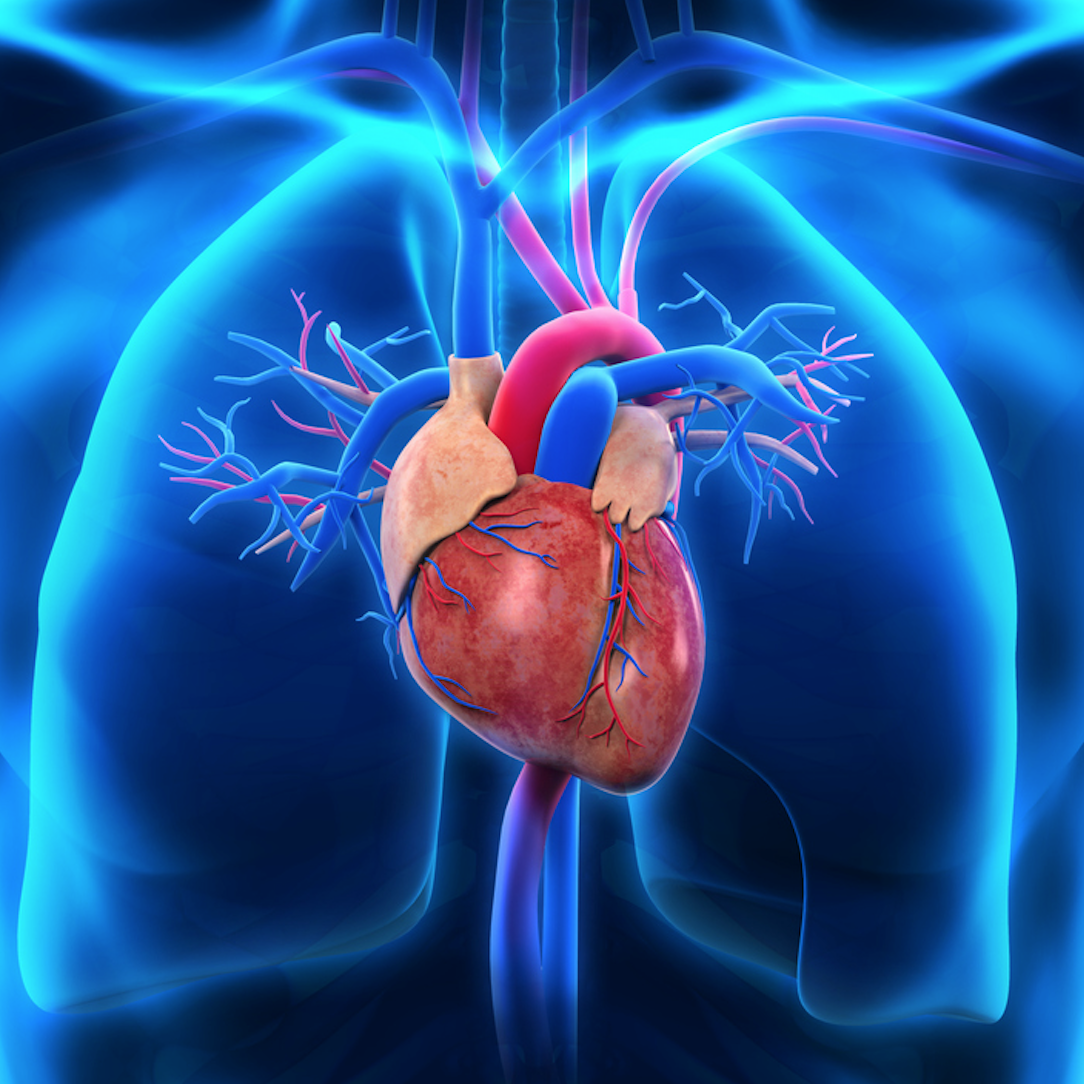Most of us spend a least a little bit of time thinking about how to improve our cardiovascular health. After all, cardiovascular disease is responsible for over 7 million deaths worldwide every year. So cardiovascular health should be at the forefront of our minds most of the time!
The American College of Sports Medicine recently published an incredibly thorough article on the effects of strength training on cardiovascular health in healthy individuals. They examined 2 key physiological factors associated with cardiovascular health: resting blood pressure and blood lipid profiles.
RESTING BLOOD PRESSURE
Approximately 1 in 3 Americans have high blood pressure (hypertension). Worldwide, 54% of strokes and 47% of coronary heart diseases can be attributed to high blood pressure. YIKES!
Most of us associate doing "cardio" with promoting heart health and lowering blood pressure. But what about lifting weights? Does it do the same thing?
A recent study demonstrated the following:
- Subjects who lifted weights 2 times a week reduced their resting systolic and diastolic blood pressure by 3.2 and 1.4 mm Hg, respectively.
- Subjects who lifted weights 3 times a week reduced their resting systolic and diastolic blood pressure by 4.6 and 2.2 mm Hg, respectively.
BLOOD LIPID PROFILES
According to the CDC, more than 35 million Americans have total cholesterol levels of 240 mg/dL or higher and are at high risk for heart disease, the leading cause of death and stroke. Experts agree that strength training has a positive impact on blood lipids, but they don't necessarily agree on which type of strength training is more effective (i.e. circuit training vs. heavy weights/fewer reps).
- According to Wayne L. Westcott, Ph.D. and the American College of Sports Medicine, there is evidence to suggest that resistance training may increase HDL cholesterol by 8% to 21%, decrease LDL cholesterol by 13% to 23%, and reduce triglycerides by 11% to 18%.
- Other studies have produced mixed results. According to BMC, “we cannot rule out the possibility that other factors may contribute (or potentialize) to these findings, such as changes hormonal concentration in plasma, muscle LPL activity, sympathoadrenal activity, and CETP activity. In summary, the present study revealed that low/moderate intensity acute resistance exercise (≤ 75% 1 RM) is capable to promote more beneficial changes on lipid profile than high-intensity acute resistance exercise."
- But according to the AHA Journal, “no differences were found for changes in resting blood pressure between studies that used a conventional compared with a circuit protocol. A conventional protocol generally consists of lifting heavier weights with longer rest periods, while a circuit protocol consists of lifting lighter weights with shorter rest periods between exercises.” (That should make all of you weightlifters and powerlifters very happy!)
KEY TAKEAWAY
Yes, strength training does have a positive impact on heart health. So if running isn't your thing, chalk up instead. Barbells WILL make your heart happy. Strength training can lower resting blood pressure and improve your blood lipid profile, so let's load the bar! We've got work to do!
You should always talk to your doctor before starting any exercise program. If your blood pressure is uncontrolled and higher than 180/110 - don’t do anything exercise-related without first talking to your doctor.*


